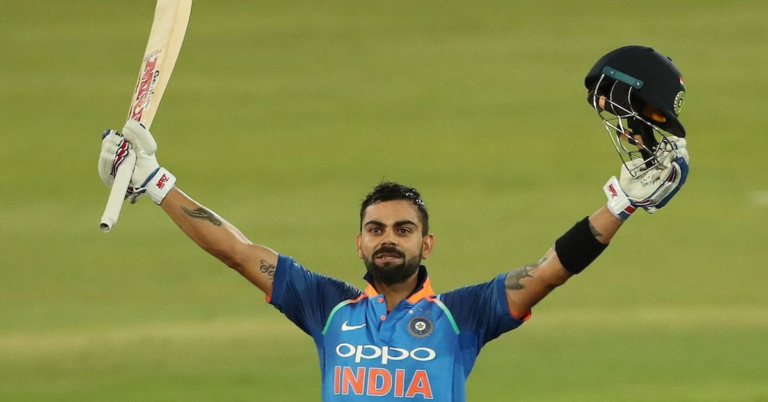The Psychology of Cricket: Mental Toughness and Performance
Lotus365, Gold365: Mental toughness plays a crucial role in determining a cricket player’s ability to perform under pressure. It encompasses the mental resilience, concentration, and emotional control required to face the challenges of the game with composure. In cricket, where the outcome of a match can hinge on a single delivery or decision, mental toughness can be the differentiating factor between success and failure on the field.
Players with high levels of mental toughness are able to maintain focus and stay composed even in intense situations, allowing them to make sound decisions and execute their skills effectively. This inner strength enables them to bounce back from setbacks, adapt to changing game conditions, and sustain their performance over the course of a match or series.
• Mental toughness is essential for cricket players to perform under pressure
• It includes mental resilience, concentration, and emotional control
• The ability to stay composed in intense situations can make a difference between success and failure on the field
• Players with high levels of mental toughness can maintain focus and make sound decisions
• Inner strength helps players bounce back from setbacks and sustain performance over time
The Impact of Psychological Factors on Cricket Performance
Mental strength plays a pivotal role in a cricketer’s performance on the field. The ability to stay focused, resilient, and confident amidst high-pressure situations can make a significant difference in how well a player performs. The psychological factors such as self-belief, motivation, concentration, and emotional control all contribute to enhancing the overall performance on the cricket field.
Confidence is one of the key psychological factors that can greatly influence a cricketer’s performance. A player who believes in their abilities and skills is more likely to perform well under pressure situations. On the other hand, self-doubt can lead to a lack of confidence and impact the player’s decision-making, execution of skills, and overall performance on the cricket field.
Strategies for Developing Mental Resilience in Cricket
Mental resilience in cricket is a crucial skill that separates good players from great ones. To develop this resilience, athletes must focus on controlling their reactions to stress and pressure. One key strategy is the practice of mindfulness, which involves staying present in the moment and not getting caught up in negative thoughts or distractions. By developing this skill, cricketers can improve their ability to stay focused and perform at their best under pressure.
Another effective strategy for building mental resilience in cricket is positive self-talk. Self-talk refers to the inner dialogue that athletes have with themselves, and by consciously choosing to speak to oneself in a positive and encouraging manner, players can boost their confidence and self-belief. This can help players overcome challenges and setbacks, allowing them to bounce back quickly from failures and maintain a strong mental attitude throughout the game.
What is mental toughness in cricket?
Mental toughness in cricket refers to a player’s ability to stay focused, confident, and resilient in the face of challenging situations on the field.
How do psychological factors affect cricket performance?
Psychological factors such as confidence, concentration, and emotional control can have a significant impact on a cricketer’s performance on the field.
What are some strategies for developing mental resilience in cricket?
Some strategies for developing mental resilience in cricket include practicing mindfulness and visualization, setting realistic goals, using positive self-talk, and seeking support from teammates or a mental skills coach.







